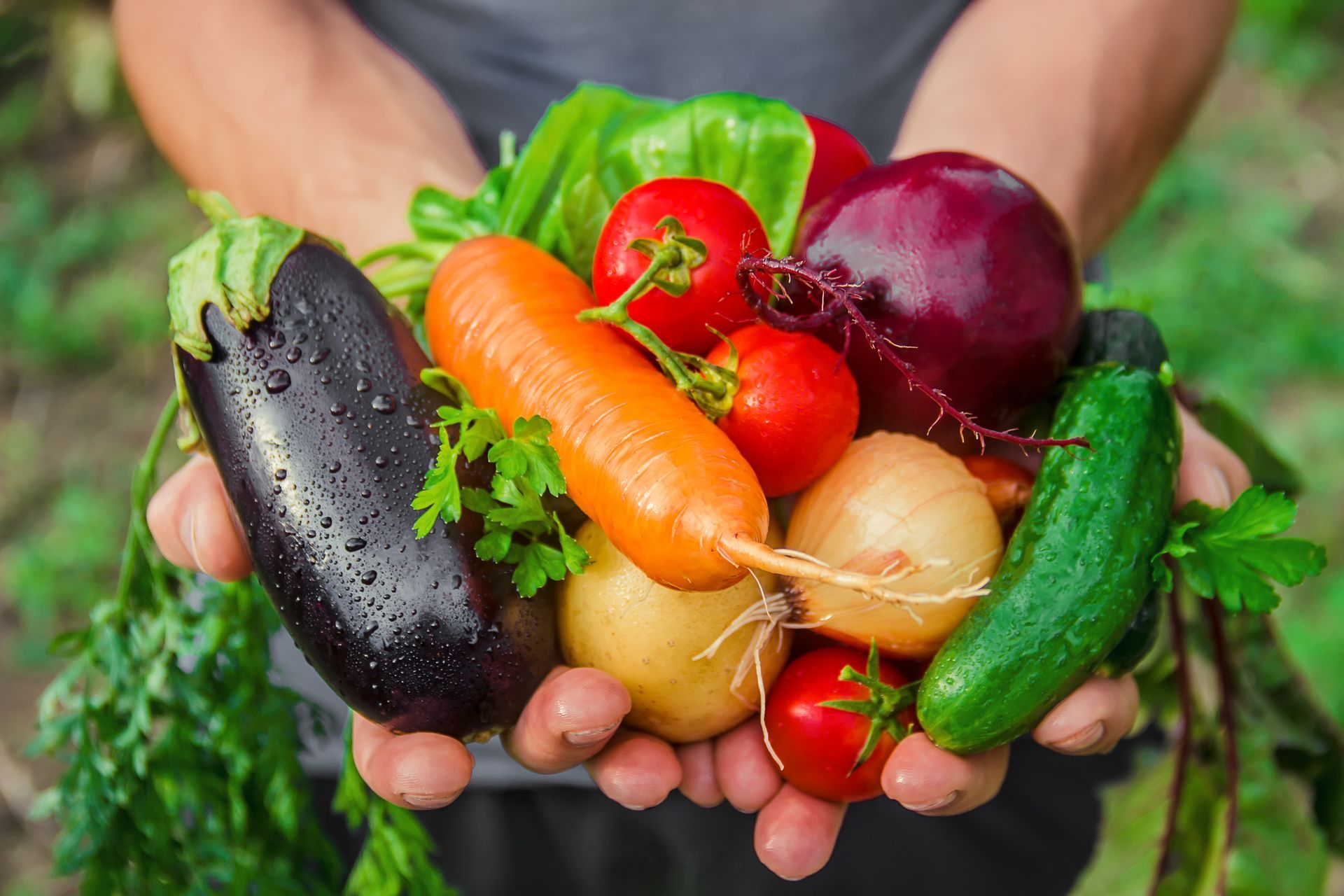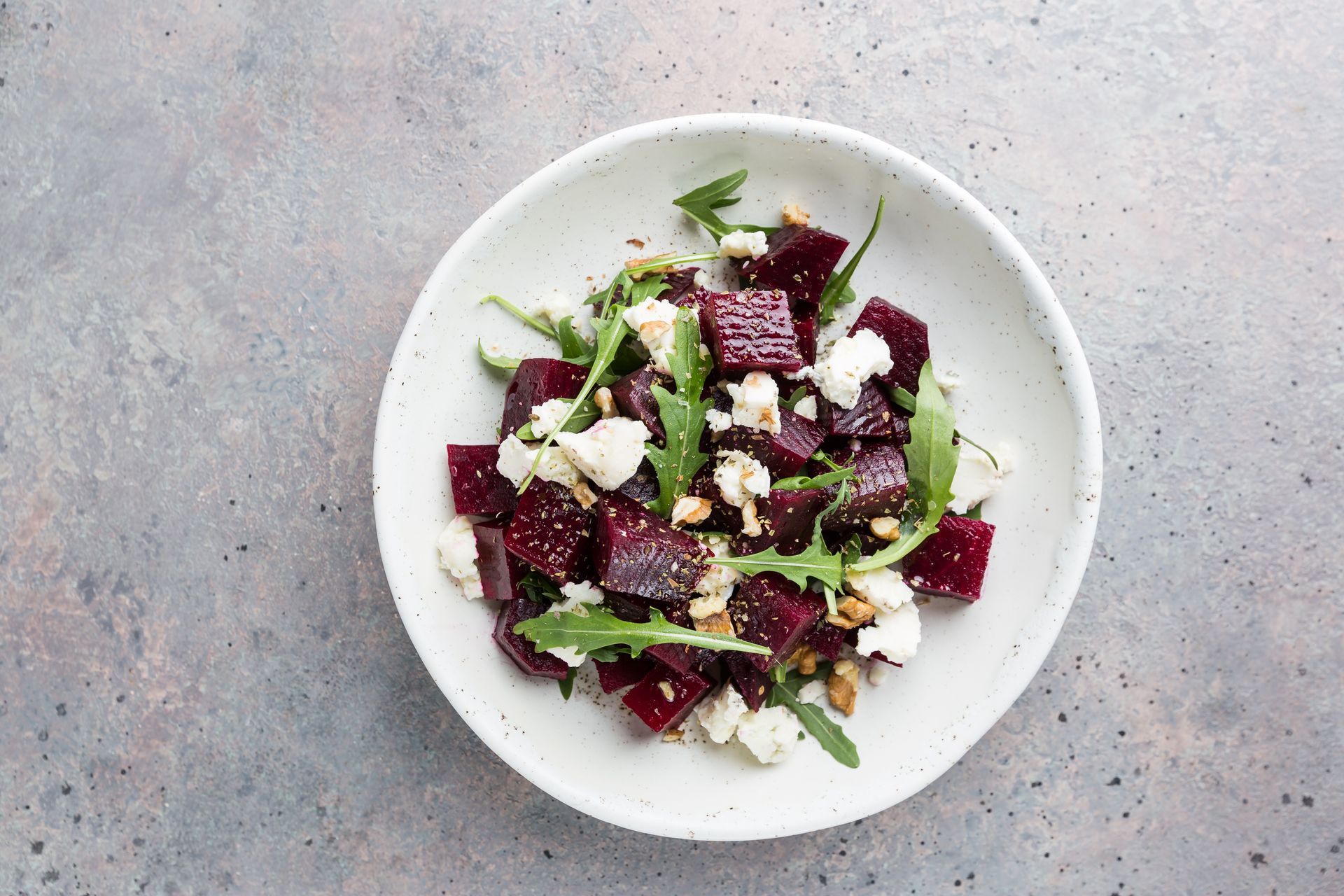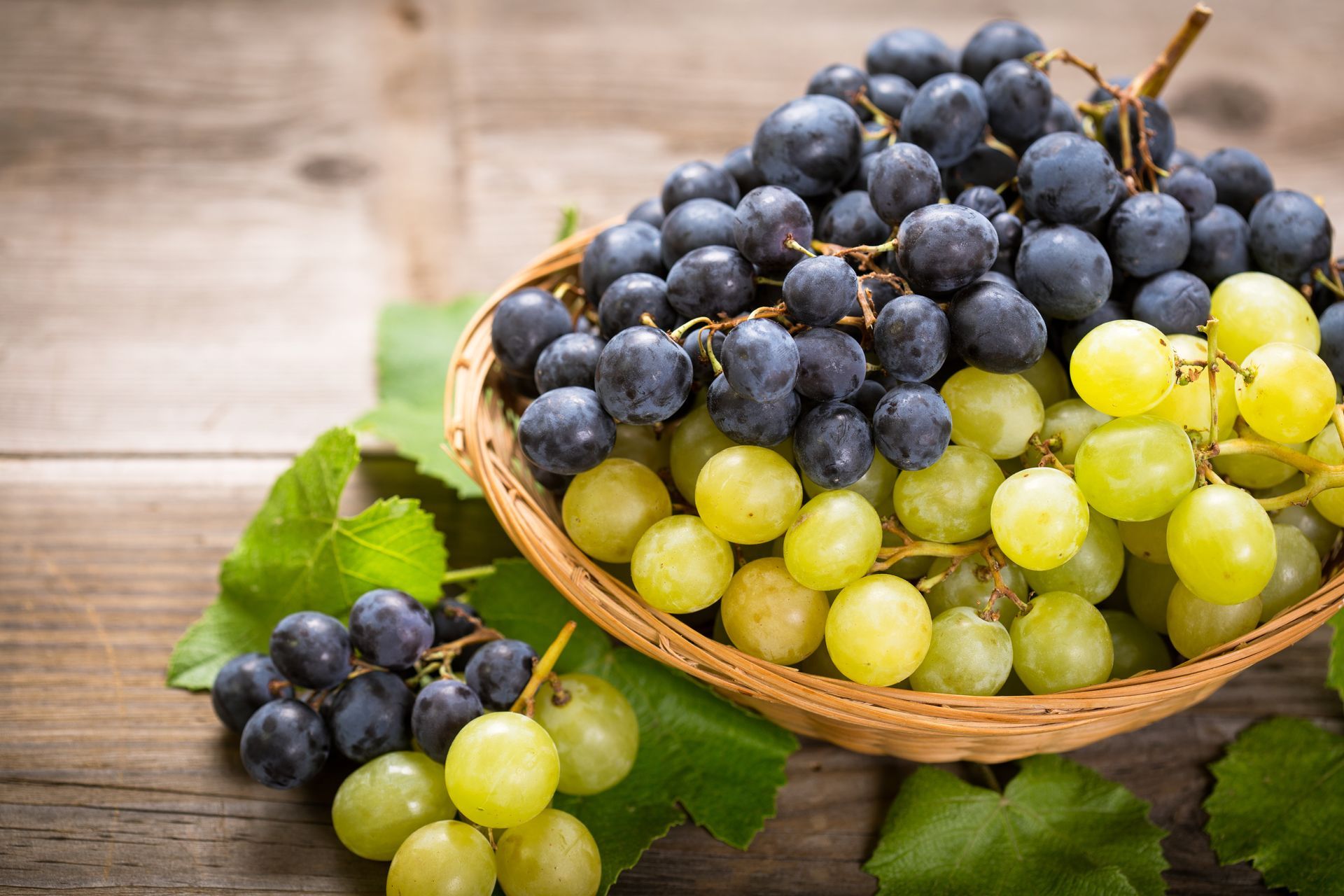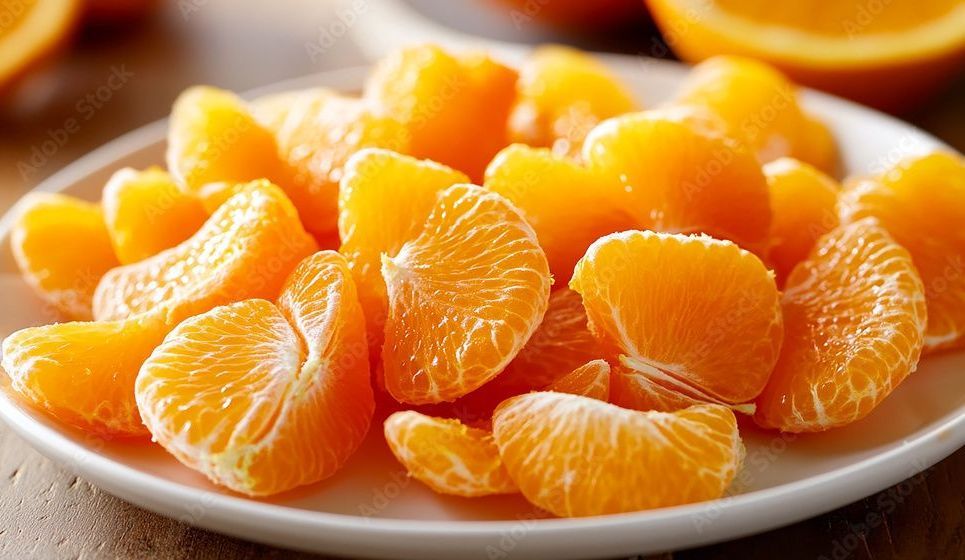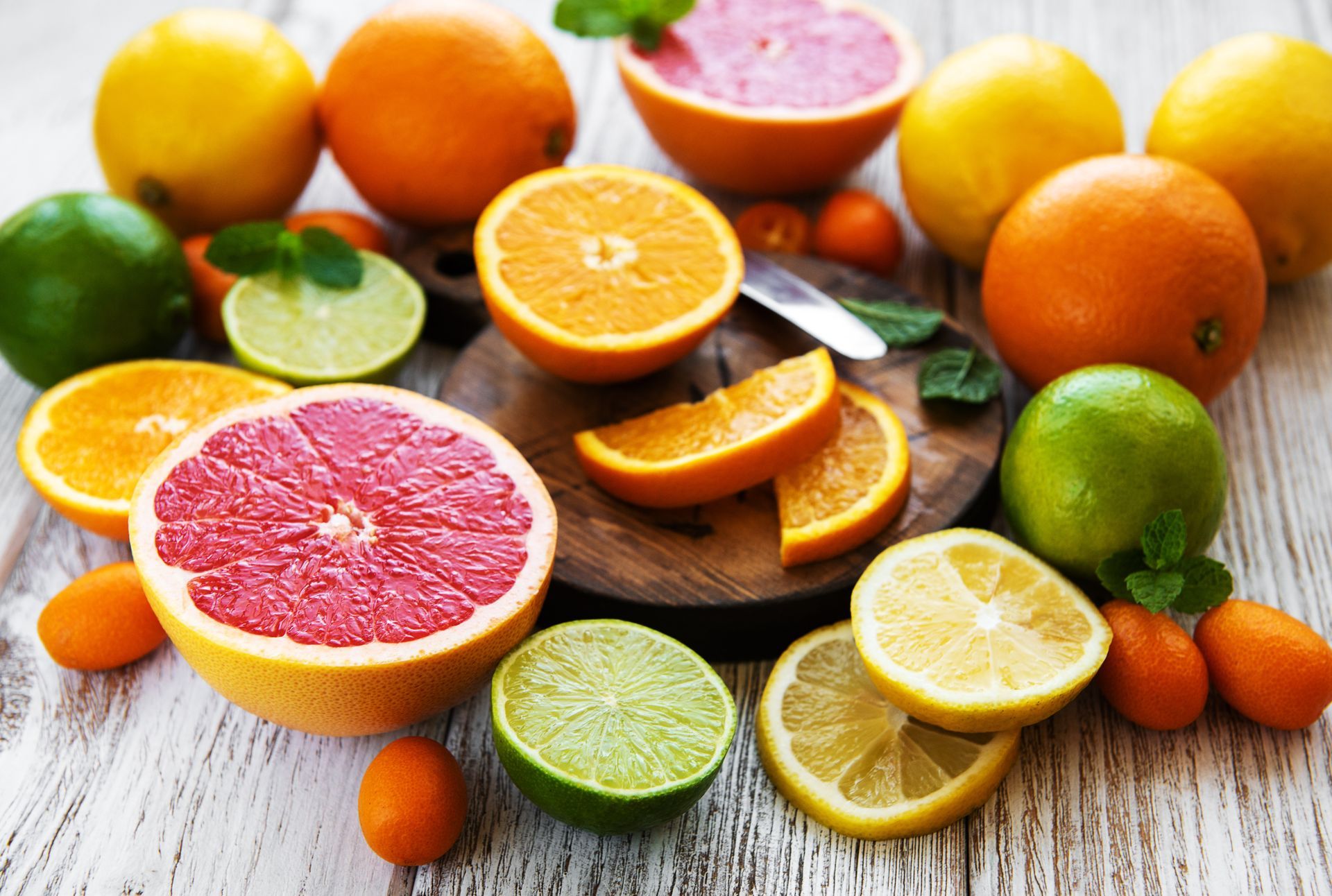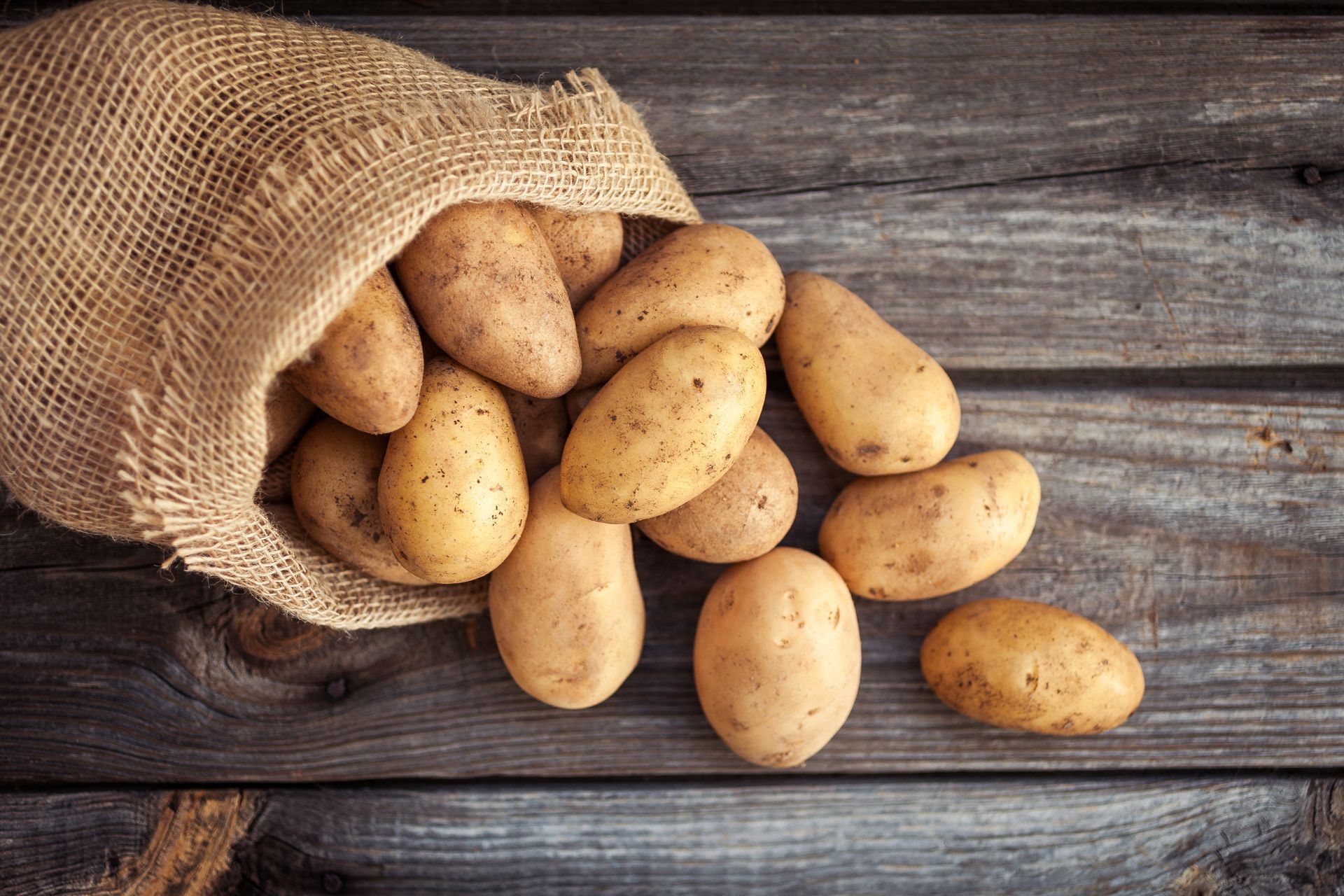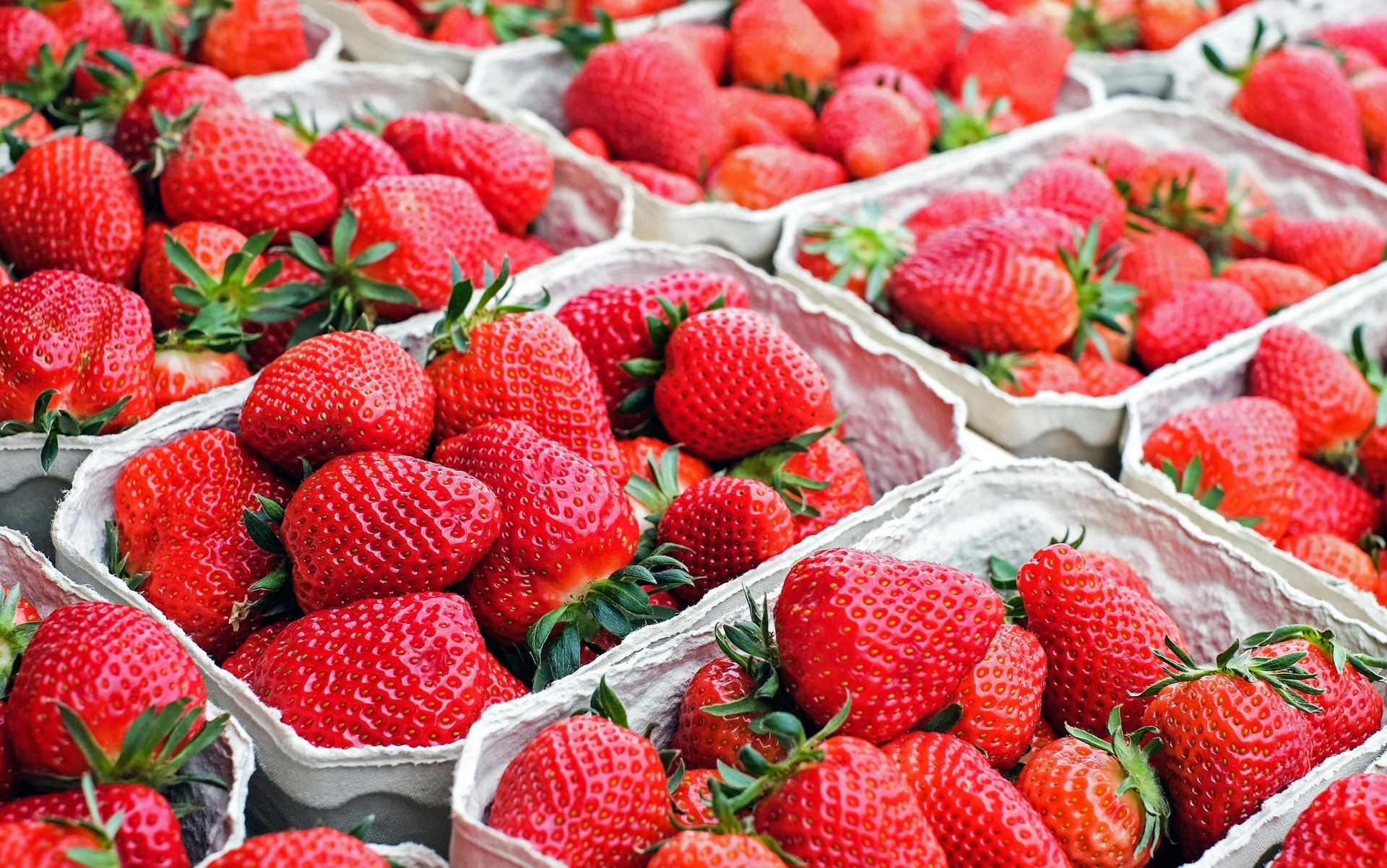August 2024 Market Report
MARKET NEWS
Inflation has fallen:
Year-on-year inflation in the foodservice sector has fallen for 12 months in a row. Inflation in
June 2024 stood at 3.6%, a rate now considered normal for the industry. The 12 consecutive
months of decline are a very welcome trend for both businesses and consumers, who have
faced several years of historically high inflation. Of the ten categories of the Foodservice
Price Index, only Vegetables remains in double-digit inflation—driven primarily by the potato
market, where poor weather conditions impacted 2023 crops and availability leading into the 2024 season. Adverse weather has also impacted other outdoor vegetables, causing delays in planting and poor availability during the seasonal crossover, and pushing up prices for carrots, onions and brassicas.


Employment law reforms:
The government announced changes would be made to employment laws in the King’s
speech. They have proposed two specific employment bills, which will now have to be
drafted and considered by both Houses of Parliament as usual, no doubt subject to
extensive public consultation processes, before being passed into law. The first of these is
the Employment Rights Bill. One noteworthy proposal which should stand out to hospitality
businesses is the banning of so-called “exploitative” zero-hours contracts.
Other priorities outlined in the government’s briefing notes of notable relevance to hospitality businesses include a commitment to remove the age thresholds in the minimum wage framework, which suggests the National Living Wage would be payable to all workers age over 18. For a sector with a relatively high proportion of younger workers, this is likely to lead to increased costs. Also of note will be provisions to make flexible working the default from day one for all workers, with employers being required to accommodate this “as far as is reasonable”.
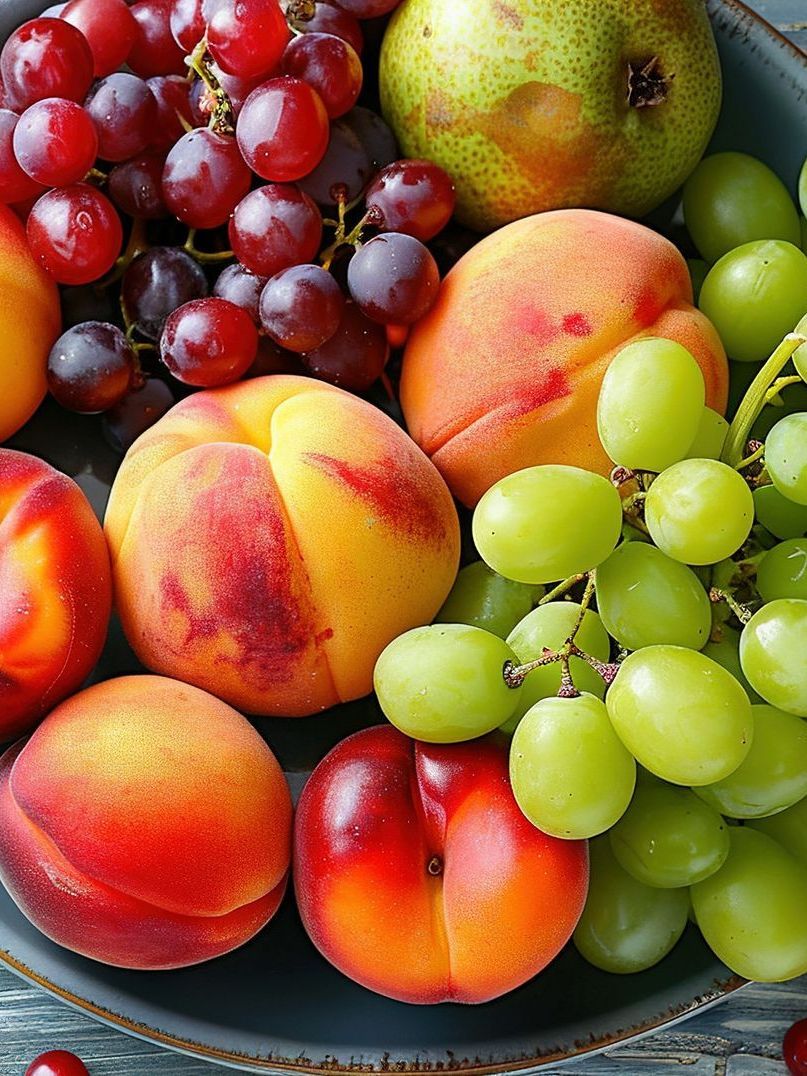
COMMODITIES REPORT
Fruit & Vegetables:
August heralds the “sweet spot of summer” with an abundance of homegrown produce from
the UK and beautiful additions from Europe. Scottish girolles are at the best. UK new season
carrots and sweetcorn have arrived. Broccoli and cauliflower are in full flow from the UK and
quality is excellent.
What’s in season this month?
- Scottish Girolles
- Cauliflower
- Broccoli
- Sweetcorn
- Strawberries
- Turkish Figs
- Victoria & Damson Plums
- Beetroot
The poor UK weather has led to some problems with the yield of green beans. Excessive heat followed by too much rain has led to crop curling and touching the ground. Supply may therefore move to the Netherlands or Italy to avoid disruption.
Pork:
British pork prices have eased slightly this summer. However, looking at the long-term trend, there has been little movement in prices through the first half of 2024. Supply remains tight but the usual trend of higher summer demand with the BBQ season has not materialised. Perhaps due to the poor UK weather.
Poultry:
UK retail customers continue to look for higher welfare standards for poultry. This has
dictated the supply chain focus and had a knock-on effect to the number of birds available as their life spans increase.
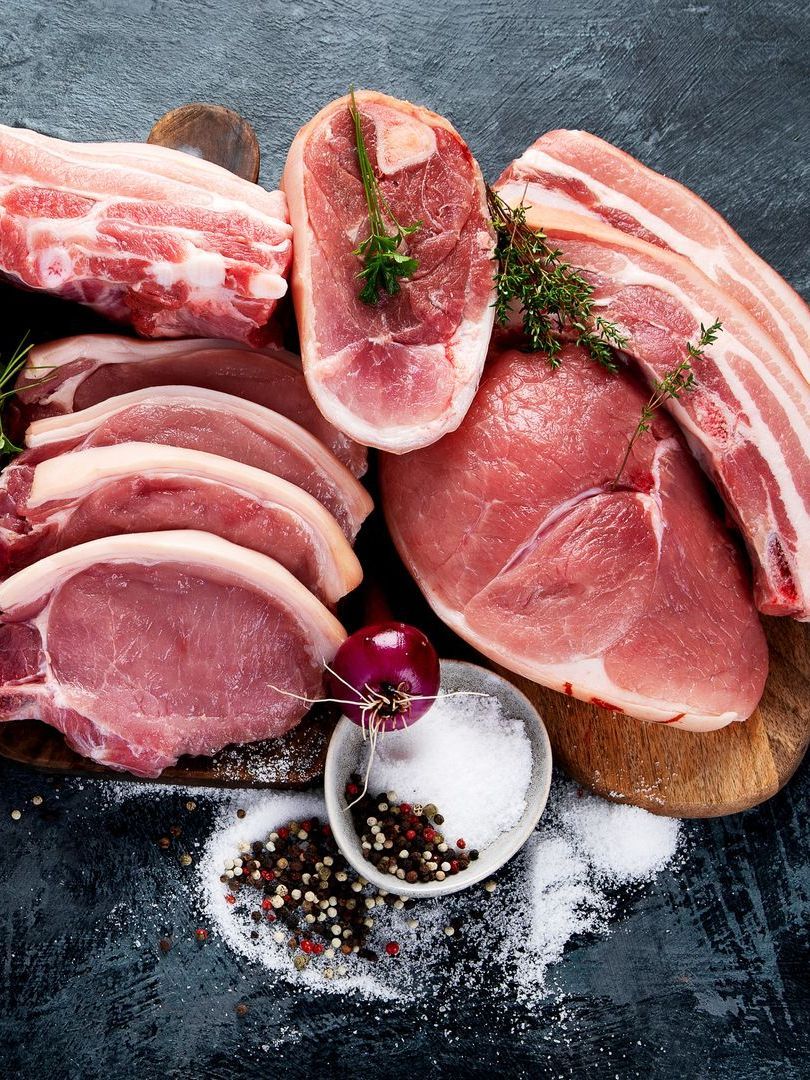
Turkey:
Turkey prices may increase significantly in the coming months until the market finds an equilibrium. This is the result of a main EU producer stepping fully out of the market this month which equates to 30,000 birds a week.
It is highly recommended that customers secure frozen volumes before the lead up to the festive period. There is very little frozen stock in cold stores throughout Europe which will greatly affect availability later in the year.
Fish & Seafood:
Looking forward to the Autumn, the best time for our native species. It’s when we see bivalve
molluscs coming out of the spawning season, new Icelandic quota increasing fishing effort,
and the cooler waters creating an optimal environment for quality flat and round fish. With
increased availability, and improving quality and yields, there should be plenty of opportunity
to get a variety of UK fish and seafood into multiple spots on your menus.
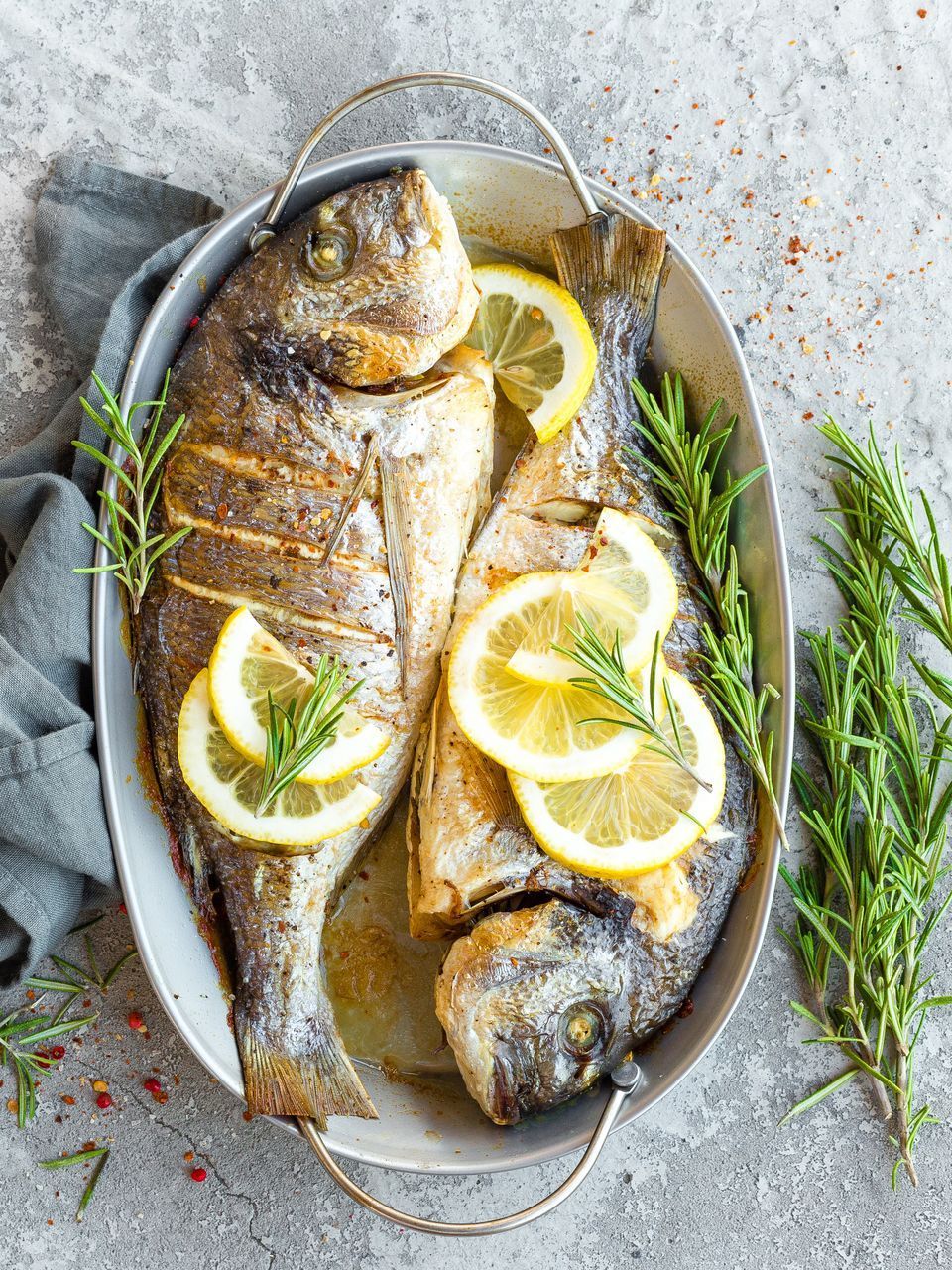
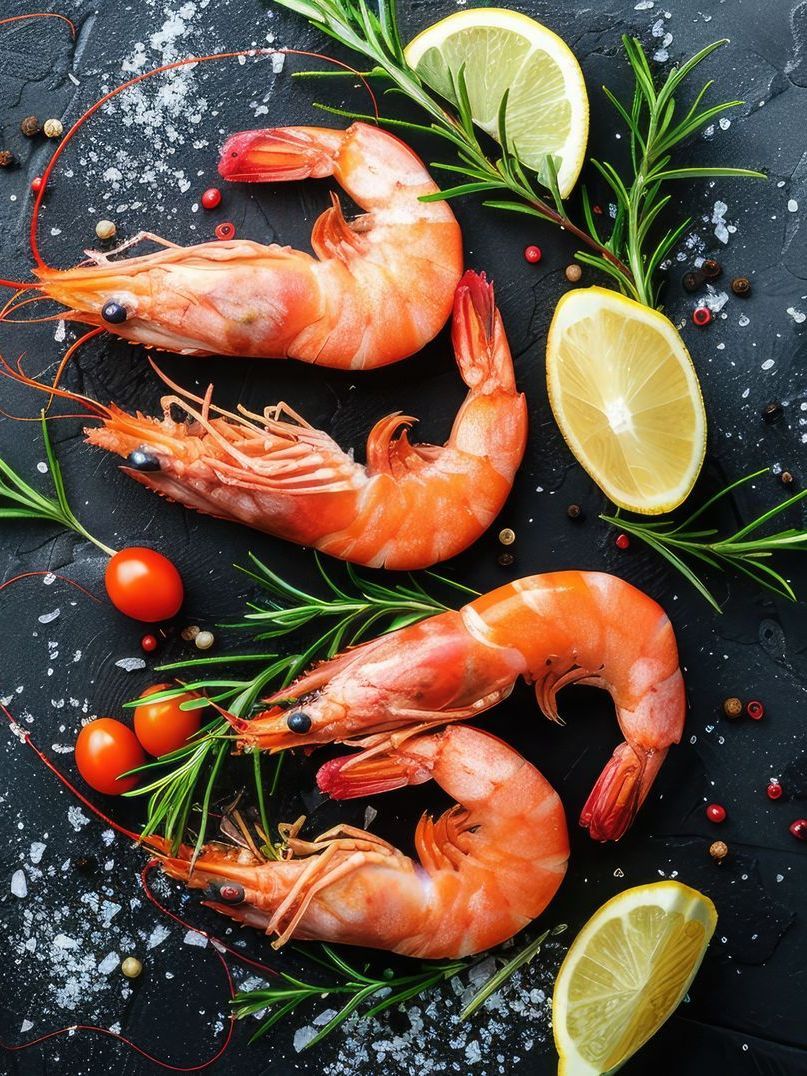
The Barents Sea is set to face a huge cod quota cut next year. The Norwegian-Russian Joint Fishery Commission has recommended a limit of 311,587 metric tons of cod to be fished in 2025. This would see a 31% cut on top of the 20% cut implemented this year, and the 20% cut in 2023. For clarity, the quota was 885,600 metric tons in 2021. That’s a 64% cut in 3 years and is the lowest quota since 2003. The quota recommendation is driven by a
reduction in spawning stock. We recommend you consider alternative fish options when
designing new menus. Good options would be farmed cod, arctic char or spotted wolffish.
Hotelier
in Swindon
“Having over 20 suppliers was making ordering produce so much harder and more expensive that it needed to be. Connect explained how they could help us consolidate our supplier portfolio without making any compromises. Its such a simple process”
John P.
“As a small group of 5 coffee shops, we needed to consolidate our purchasing so that all branches and were using the same suppliers at the same prices. Connect introduced us to a software platform that was perfect for what we needed”
Alex M.
“Our suppliers were ok, but we always struggled to get deliveries on the days and times that we needed. Being in central London, we can only accept deliveries at certain times very early in the morning, CP were able to find suppliers that specialised in timed food deliveries. Would recommend to anyone!”
Jane R.
Care Home Facilities Manager
in Slough
“I started purchasing my care consumables through Connect Purchasing in December last year and they were able to save me over 15%, I’m constantly checking prices of other companies and still Connect purchasing are cheaper.”
Vicky L.
Publican
in Banbury
“Connect talked me through the process and completed a thorough review of our products and helped me save over £1000 in the first month, this has really helped especially with wage costs going through the roof”
Graham M.

All Rights Reserved | Connect Purchasing Limited | Company Number: 08779607 | VAT Number: GB 186 8612 65
